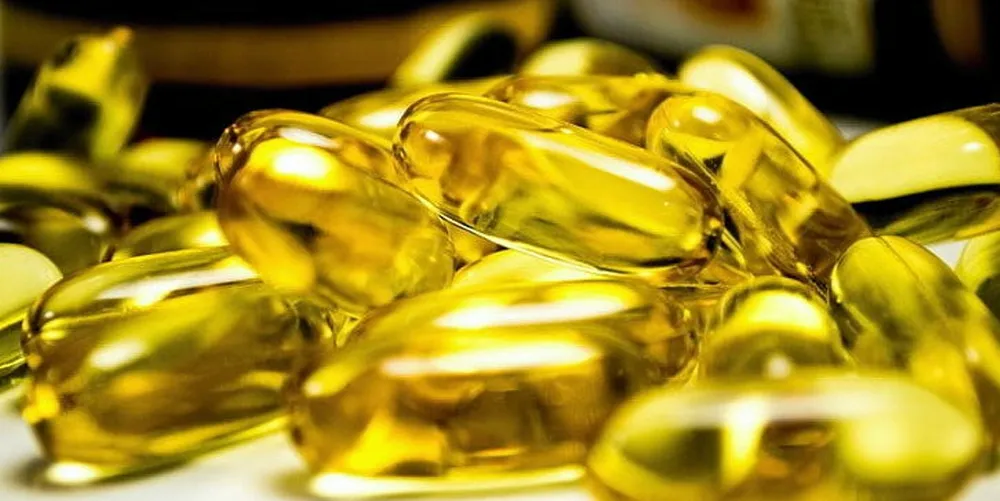Is fish oil the surprise magic ingredient for super-efficient solar panels?
Substance may have applications far beyond its more common use as a health supplement, according to Korean researchers

Substance may have applications far beyond its more common use as a health supplement, according to Korean researchers
